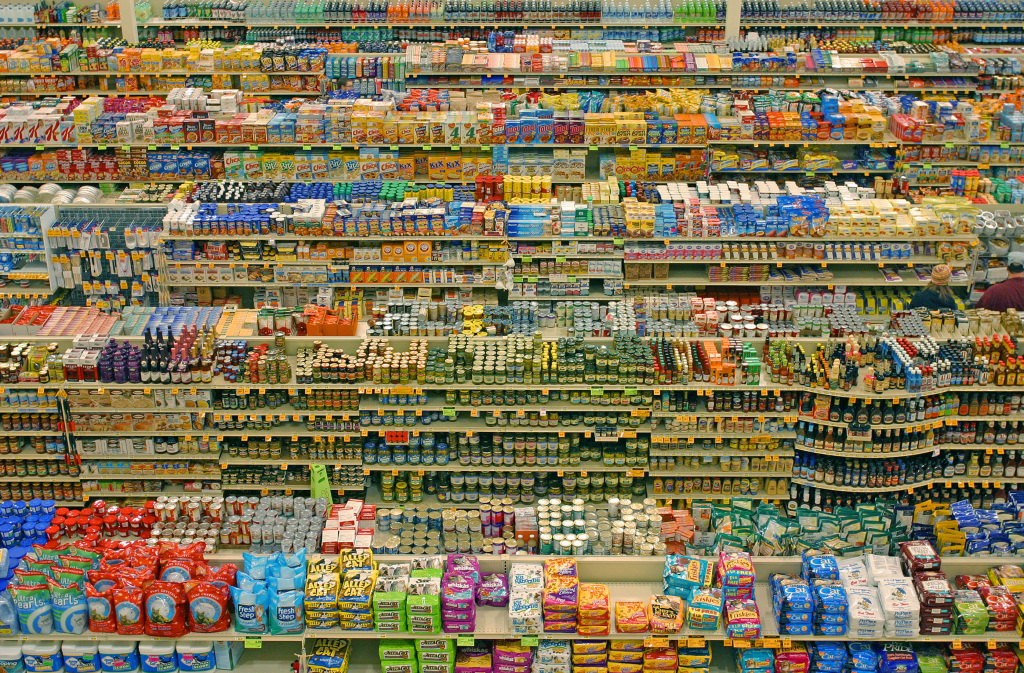The best cup of coffee I’ve had in ages was a flat white at Central Bean in Jesmond. I’d like to go back for another, but I can’t because that coffee shop has just closed. A sign on the door reads: “Sadly we can no longer compete with Waitrose and their FREE coffee”.
Waitrose is a well-run supermarket, and its coffee-giveaway to shoppers with a myWaitrose card is a clever marketing ploy. But it’s proven not to be the right or responsible one for this community.
A week ago it was reported that next year, in the same suburb of Newcastle, Sainsbury’s will open one of its Local convenience stories, just a five-minute walk from the Waitrose, and three minutes from a Tesco.
An affluent and well-served community like Jesmond doesn’t need another supermarket, when other parts of the city are poorly served. When Express, Metro and Local supermarket stores cluster around and saturate some street corners while ignoring others, you have to ask, is it the supermarkets or local authorities which are planning our cities?
There’s little point in harking back to high streets of old that featured some happy family of butchers, bakers and greengrocers. We have willingly plugged ourselves into the supermarkets’ network of supernodes. Some 97% of the groceries we buy we purchase from supermarkets. Three quarters of the groceries we buy we purchase from the four biggest retailers of Tesco, Sainsbury’s, Morrison’s and Asda.
Twenty years ago the fear was of “food deserts”, as supermarkets abandoned inner cities for out-of-town hypermarkets. In another 20 years time we may all be receiving our grocery deliveries by drone from AmazonFresh. But right now we’re in a period of recolonisation as the supermarkets return – to the high streets they almost obliterated – and open mini-me convenience stores, typically under 3,000 sq ft and therefore not affected by Sunday trading laws. Sainsbury’s will operate more convenience stores than supermarkets by the end of this year.
But plot a Google Map, as I’ve done, of supermarket locations in your city, and you’ll likely find a very uneven distribution of outlets, mostly clustered in middle class or student areas. Tesco, for example, is seeking to open its fifth store in Newcastle city centre – less than 500 yards from one of its existing shops – on Barrack Road, next to student accommodation.
It’s too simplistic to dismiss supermarket chains as wilful destroyers of local independents. The arrival of a metro supermarket can give a much-needed boost in the right part of town, bringing greater choice and lower prices. But left to themselves, the supermarkets will go where it’s easiest to turn a profit.
The wards of Walker and Jesmond share the same Newcastle Upon Tyne East parliamentary constituency, but that’s pretty much all they have in common. Walker records the worst scores on the city’s indices of multiple deprivation, Jesmond enjoys the best. In Walker you have to walk at least half an hour to reach a Big Four supermarket – or make do with the range of groceries and prices charged at the Costcutter on Wellbeck Road.
And yet Walker is home to 11,000 people – more than the population of North Jesmond which is where Tesco, Waitrose and Sainsbury have chosen to cluster, and where a sizeable percentage of residents are students who live elsewhere for four or five months of the year.
I understand the economics of purchasing power. I’m not anti-business, I run a business, I write about business. But I’m pro-businesses that make a difference, rather than just make money. The only people who need another supermarket in Jesmond are its shareholders. If supermarkets – even the good ones – can’t make responsible decisions in the communities they serve, those decisions should be made for them.
Last week communities minister Eric Pickles threw out a request from 20 city councils to give town halls the power to levy an additional 8.5 % business rate on supermarkets on the grounds that imposing new taxes “is a lazy way of thinking”. Maybe. But allowing supermarkets to go where they will in our cities, Mr Pickles, is just lazy laissez-faire.
Ian Wylie is editor of Northern Correspondent. You can follow him on Twitter.
Do you agree that supermarkets should be told where to go in our cities? Tell us in the comments section below – by clicking on the little plus sign.
(Views expressed on our website and in our magazines and emails are not necessarily endorsed by Northern Correspondent.)


I agree that cities should be able to invigorate areas with a balanced mix of shopping. Independents & corporate.